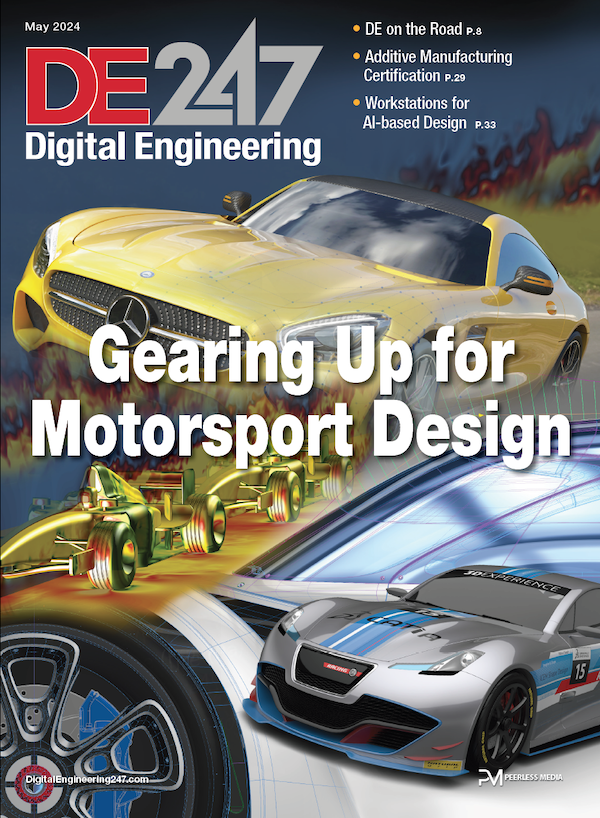
Image courtesy of NVIDIA, BMW and Classiq.
Latest News
July 16, 2024
Classiq reports a collaboration with NVIDIA and the BMW Group to optimize mechatronic systems, marking an advance in quantum computing implementation in the automotive sector.
The initiative is focused on solving a complex computational challenge to find the optimal architecture of electrical and mechanical systems. This problem involves defining the optimal combination of components, from electrical engines and batteries to coolers, and how these should be connected. The goal of this project is to enhance efficiency and reduce energy waste, which can result in the increased efficiency of electric vehicles.
Classiq’s approach demonstrated how quantum algorithms may be used to address the problem, including the Quantum Approximate Optimization Algorithm (QAOA) and the Harrow-Hassidim-Lloyd (HHL) algorithm. The latter of these approaches leverages amplitude and digital encoding to solve and convert complex linear equations, utilizing a novel Quantum Analog to Digital Conversion (QADC) process.
The project resulted in the BMW Group’s quantum experts creating an advanced quantum program, with many quantum sub-routines. The implementation was enabled by the advanced modeling and compilation capabilities of the Classiq platform. The large and complex quantum circuit implementation was simulated using NVIDIA GPUs and the powerful NVIDIA CUDA-Q platform.
“Our collaboration with Classiq and NVIDIA has enabled an innovative quantum implementation that pushes the boundaries of what is possible in the application to automotive technologies,” says Lukas Mueller, lead future compute at BMW Group IT. “NVIDIA’s quantum stack has been instrumental in simulating this complex algorithm, facilitating its detailed testing and refinement.”
“This project exemplifies the power of collaboration in the quantum computing sphere. By bringing together the best of quantum hardware, software and automotive domain expertise, we have achieved groundbreaking advancements in a remarkably short time,” says Nir Minerbi, CEO of Classiq Technologies.
“Quantum computing, which has the potential to transform society, will require accelerated computing with extreme performance for users to take full advantage of its value,” says Tim Costa, director of HPC and quantum computing at NVIDIA. “NVIDIA’s collaboration with innovators such as the BMW Group and Classiq is pushing the boundaries of quantum simulation and helping to usher in an era of useful quantum computing.”
Sources: Press materials received from the company and additional information gleaned from the company’s website.
More NVIDIA Coverage
Subscribe to our FREE magazine, FREE email newsletters or both!
Latest News
About the Author
DE’s editors contribute news and new product announcements to Digital Engineering.
Press releases may be sent to them via [email protected].






